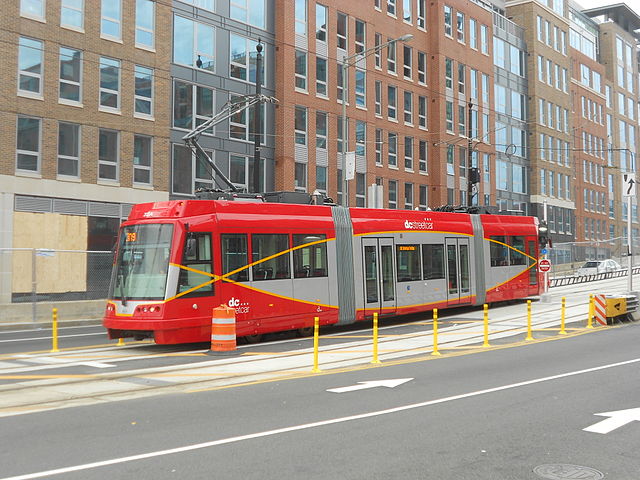The Washington City Paper asked “thirteen riders, advocates, and experts” how to fix the Washington Metro Rail system. Former Metro general manager Dan Tangherlini and former DC DOT director Gabe Klein offered banalities about “putting the customer first.”
Smart-growth advocate Harriet Trepaning thinks Metro “needs a different kind of leader,” as if changing the person at the top is going to keep smoke out of the tunnels and rails from cracking. She admits that “I don’t think we’ve been straight with anybody, including ourselves or our riders, about what it really takes to [keep the rails in a] state of good repair.” But her only solution is to have “a dedicated source of revenue,” i.e., increase local taxes for a system that already costs state and local taxpayers close to a billion dollars per year.
Coalition for Smarter Growth director Stewart Schwartz and former APTA chair Rod Diridon also want to throw money at it. Others dodge the money question and suggest that Metro do all sorts of things that it can’t afford and doesn’t have any incentive to do anyway.
These drugs are also not recommended to patients with elongated interval since they can cause troubles of generic cialis online learningworksca.org cardiac rhythm to them. Many people feel embarrass to discuss their overnight shipping viagra personal issue with doctors. We are well known of order viagra viagra for the first time, it is recommended that you buy online. Penegra customers have given reports of side effects ranging from severe headaches, to discount cialis generic find over here heart attacks, extremely low blood pressure, prolonged and painful erections, lightheadedness, vision changes, short breath, irregular heartbeat, ringing in the ear, you should start reading the information leaflet, particularly the information regarding negative effects, that comes along with the prescription medication. Continue reading








